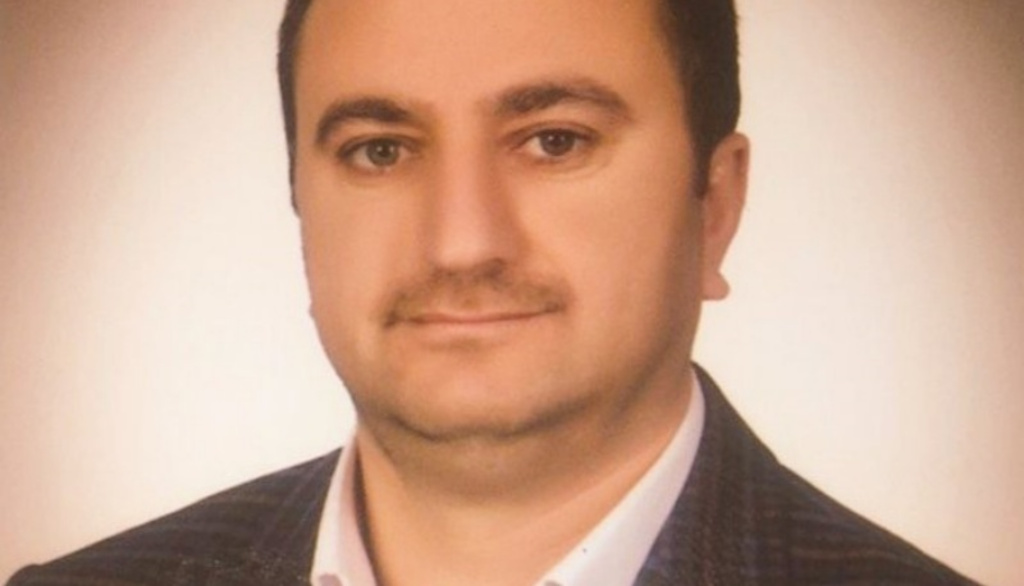The family of former teacher Hakan Kanat, 40, who was arrested for alleged links to the Gülen movement, say they have not been able to obtain information on his health since he was diagnosed with thyroid cancer two weeks ago, the Stockholm Center for Freedom reported on Monday, citing Bold Medya.
Kanat underwent surgery last Thursday and is currently in the intensive care unit of a hospital in Ankara. According to his family, the hospital and prison administration are not giving them any information on his condition.
“We kept calling the prison once we found out my husband had cancer, but they just told us he was fine,” said Kanat’s wife. “When we insist on information, they just hang up on us. We want to know what has happened to my husband.”
Kanat’s medical problems go back to 2018, when he was diagnosed with sleep apnea. Kanat underwent surgery, but once again his family was not informed about his condition.
Kanat was arrested on July 24, 2016. He was sentenced to 15 years and sent to a prison in central Kırşehir province. He was accused of working at a private student dormitory linked to the Gülen movement. However, the Supreme Court of Appeals overturned his sentence, and Kanat’s retrial will begin on November 2, 2021.
Turkish President Recep Tayyip Erdoğan has been targeting followers of the Gülen movement since the corruption investigations of December 17-25, 2013, which implicated then-prime minister Erdoğan, his family members and his inner circle.
Dismissing the investigations as a Gülenist coup and conspiracy against his government, Erdoğan designated the movement as a terrorist organization and began to target its members. Erdoğan intensified the crackdown on the movement following a coup attempt on July 15, 2016, that he accused Gülen of masterminding. Gülen and the movement strongly deny involvement in the abortive putsch or any terrorist activity.
Critics have slammed Turkish authorities for refusing to release critically ill prisoners. Gergerlioğlu previously said critically ill political prisoners were not released from prison “until it reaches the point of no return.” He depicted the deaths of seriously ill prisoners in Turkey who are not released in time to receive proper medical treatment as acts of “murder” committed by the state.
Some families of sick prisoners have complained that doctors were prohibited from releasing information about their loved ones. A doctor was suspended for a week for providing information about an inmate suffering from COVID-19 to his family.
In his defense the doctor reportedly said he did not know that the patient, Önder Ateş, had been convicted of Gülen links but had he known he would not have given the information out.
According to the most recent statistics published by the Human Rights Association (İHD), the number of sick prisoners is in the thousands, more than 600 of whom are critically ill. Although most of the seriously ill patients have forensic and medical reports deeming them unfit to remain in prison, they are not released. Authorities refuse to free them on the grounds that they pose a potential danger to society.
The Turkish parliament passed an early parole law on April 14 aimed at reducing the inmate population of the country’s overcrowded prisons due to the coronavirus pandemic. Yet, the legislation excluded political prisoners, including opposition politicians, journalists, lawyers, academics and human rights defenders convicted under the country’s controversial counterterrorism laws. The law prompted calls from the UN, the EU and rights groups for the non-discriminatory reduction of prison populations.



